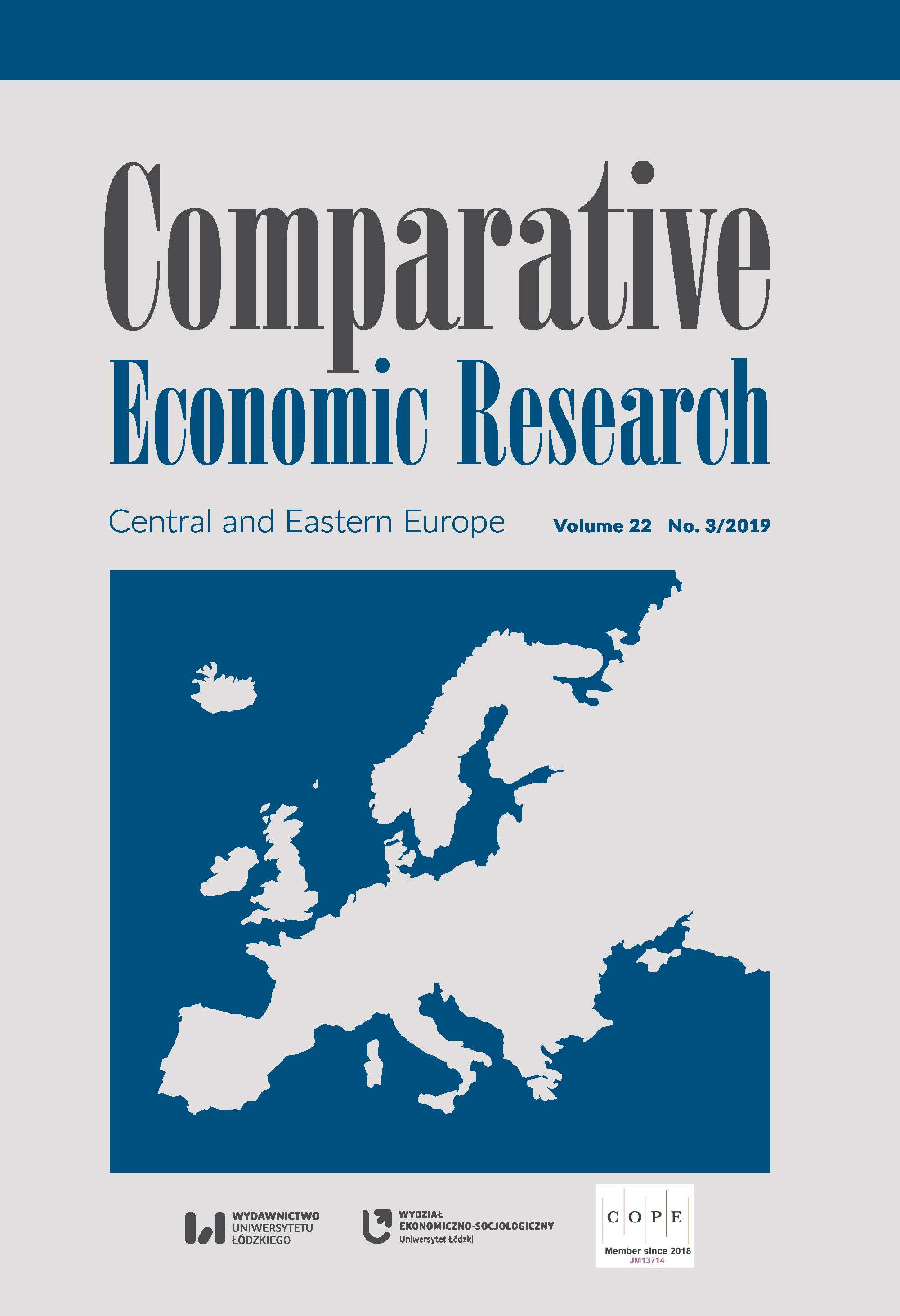The Attitudes of the European Union and China Towards Foreign Direct Investment: Implications for Bilateral Relations
The Attitudes of the European Union and China Towards Foreign Direct Investment: Implications for Bilateral Relations
Author(s): Janina WitkowskaSubject(s): National Economy, Economic policy, International relations/trade
Published by: Wydawnictwo Uniwersytetu Łódzkiego
Keywords: EU‑China relations;policy towards foreign direct investment (FDI); the EU‑China Comprehensive Agreement on Investment (CAI); “One Belt One Road’ initiative
Summary/Abstract: The aim of this paper is to discuss new trends that have occurred in the policies of the EU and China towards foreign direct investment (FDI), to examine some implications of the EU‑China Comprehensive Agreement on Investment (CAI) – which is currently being negotiated – for their bilateral relations, and to assess the role which China’s “One Belt One Road’ (OBOR) initiative might play in its relations with the new EU Member States. The EU established freedom of capital movement with third countries; however, the introduction of the common investment policy has encountered some obstacles. These are related to investor protection and ISDS issues. In turn, China is carrying out an independent state policy towards foreign investment with limited liberalization of FDI flows. The negotiated EU‑China CAI is expected to create conditions conducive to bilateral foreign investment flows, and it might bring positive effects for their economies in the future. However, the progress made thus far in the negotiations is still limited. The relations between China and the new EU Member states (CEE countries) are characterized by common interests in the field of FDI flows. The new EU countries are interested in attracting Chinese FDI and seem not to show the fears that have arisen in the old EU countries.
Journal: Comparative Economic Research. Central and Eastern Europe
- Issue Year: 22/2019
- Issue No: 3
- Page Range: 83-89
- Page Count: 16
- Language: English

